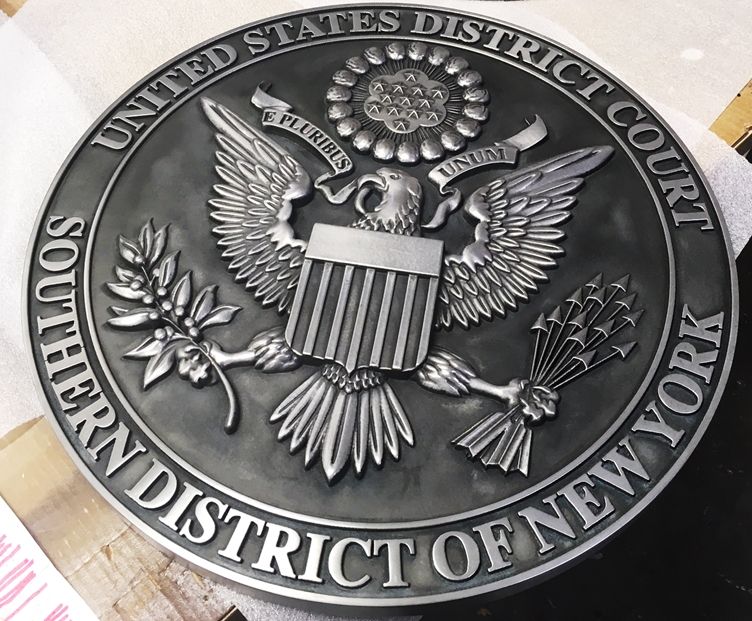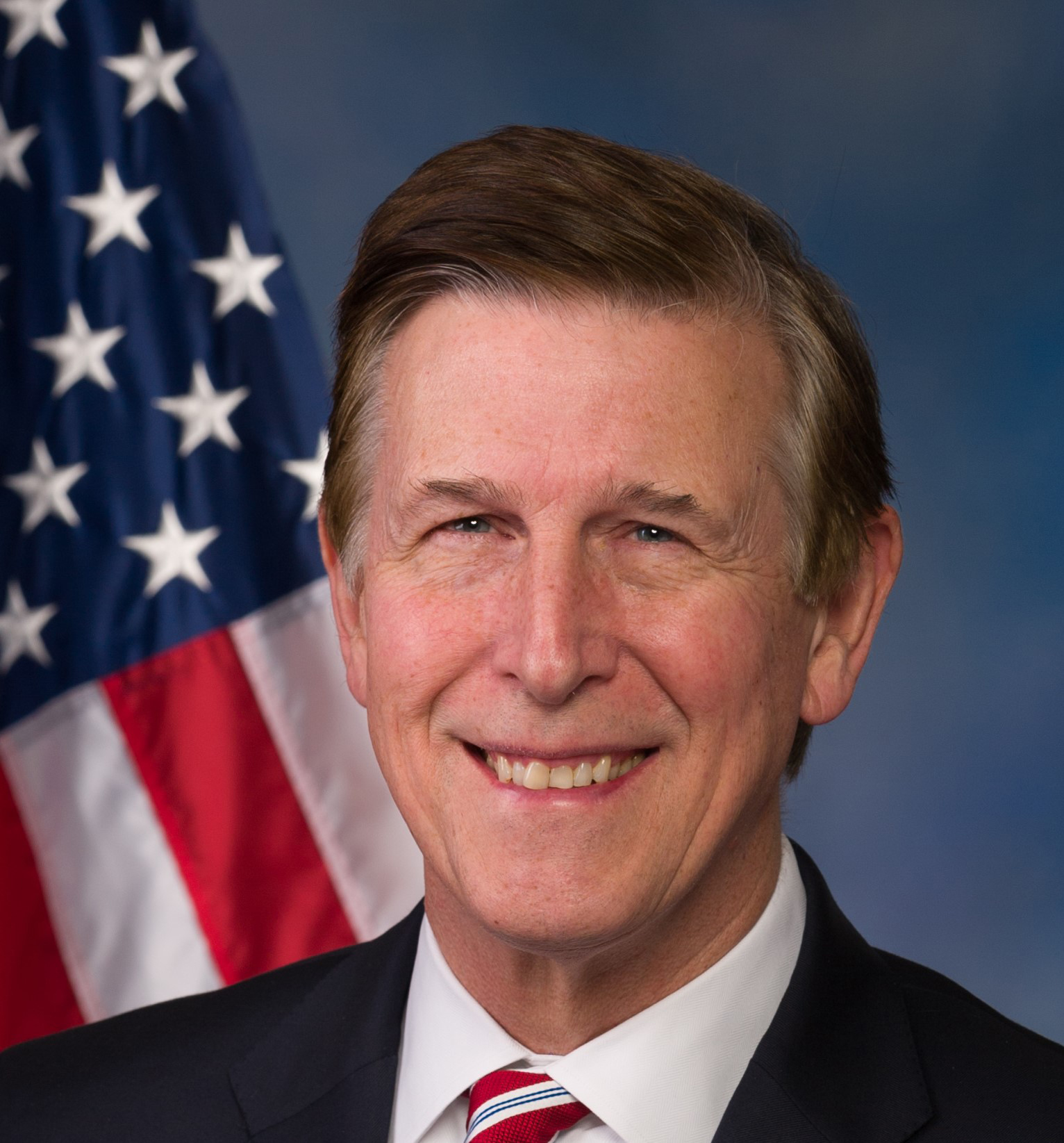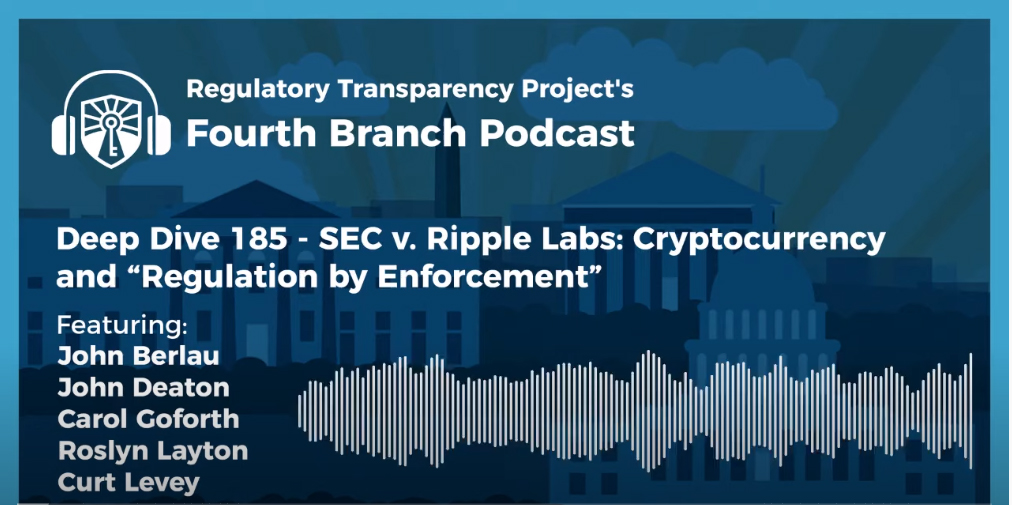By Paul Kiernan. April 27, 2022. (Wall Street Journal)
WASHINGTON—A Securities and Exchange Commission proposal intended to make Treasury markets more resilient has sparked a backlash from cryptocurrency companies, which say it could increase legal risks for so-called decentralized finance, or DeFi, platforms.
The rule, proposed by the SEC in January, would expand the agency’s definition of an exchange to include a broader array of communication systems that enable prospective buyers and sellers of securities to find each other. Such entities would have to register with the SEC either as exchanges akin to the New York Stock Exchange, or as a category of broker-dealers called alternative trading systems, or ATSs, which perform exchange-like functions but face lighter regulations.













